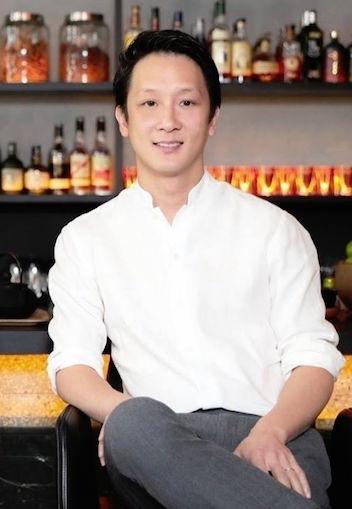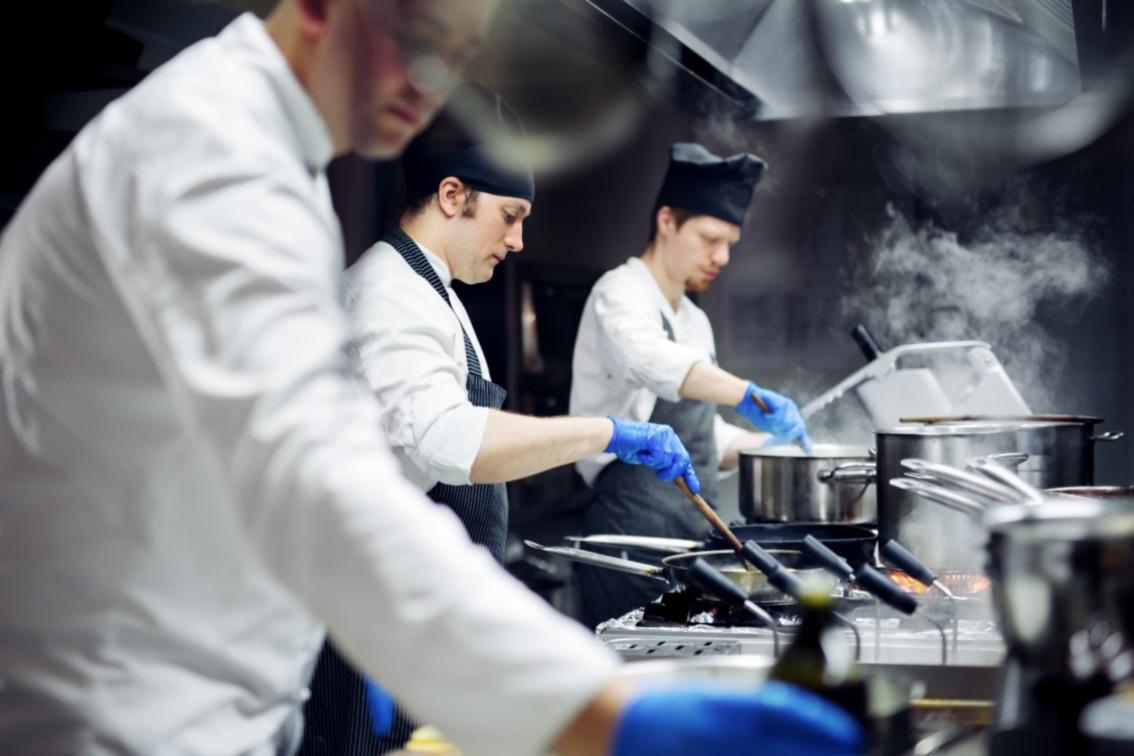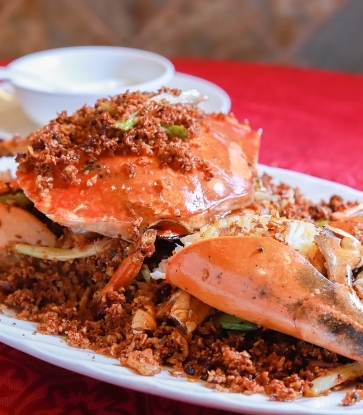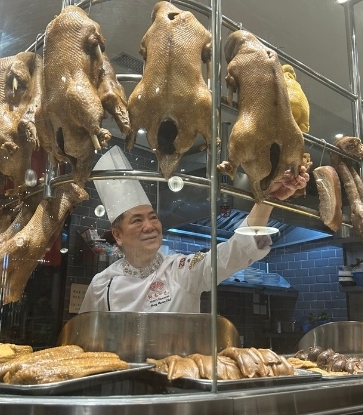It is the start of a brand new year and with it comes a new wave of exciting food trends to look out for. At the close of 2019, we invited several F&B industry insiders from across Singapore, Hong Kong, Macau and Taiwan to share what caught their eyes in 2019. Now, they share the developments they are looking forward to seeing next year in the global food scene.

1. Deeper explorations of regional cuisines
The past year has seen a revived interest in Sichuan cuisine, observes Sammy Wu (pictured left), assistant vice president of F&B at the MGM Cotai in Macau. Case in point: the opening of fine-dining Sichuan establishment Five Foot Road in the MGM Cotai, as well as Wynn Palace’s newly-minted two-star restaurant Sichuan Moon by lauded Taiwanese chef Andre Chiang as examples of the trend. “I hope to see more Chinese regional cuisines being explored in Hong Kong in 2020,” he says.
“I would like to see more concepts that champion specific regional cuisines instead of just by country. I would like to see people talk about Lyon or Marseilles specialities, for example, rather than just generic French cuisine. We are starting to see this for Chinese food but I would love to see it for all the major cuisines. I think this the way forward. Food is so diverse, why just stop at the country level?” says founder of Singapore restaurant group Unlisted Collection, Loh Lik Peng. “Globally, I would love to see more unusual and unexplored cuisines come to the fore. I would love to hear about Uzbek or Mongolian cooking. Perhaps something from Polynesia or Melanesia. I am getting bored of the usual cuisines.”

2. Preservation of heritage food culture
In Singapore, Wee Teng Wen, founder of the Lo & Behold group, observes a growing hunger for food knowledge, a gap he endeavours to fill with his latest restaurant Kin, which focuses on forgotten Singapore heritage recipes. “There is a willingness to learn beyond the surface and a renewed appreciation for time-honoured methods, such as fermentation and recipes for homemade spices and rempahs,” he says. “We hope to continue embracing and celebrating our idiosyncratic cultural identities, placing it on the world map just as with anywhere else.”
It is a sentiment shared by Wu: “I hope that the restaurant industry will continue to promote the preservation of food heritage and cultures, so that diners will be able to learn from food and gain deeper understanding of different cultures.”

3. Continued drive towards environmental sustainability
Sustainability is set to continue to be a hot topic in 2020, says Hidemichi Seki, chef de cuisine of two-MICHELIN-starred Tenku Ryugin. “We should be focusing more on healthy and natural ingredients that are good for our earth and good for the future. A chef cannot work without good and sustainable ingredients.”
In the wine industry, Bernard Chan, head sommelier of three-MICHELIN-starred Lung King Heen, anticipates that the drive to be environmentally sustainable will cause wines with biodynamic and vegan certifications to become more sought after. “These certifications are issued by the local governments with higher requirements for low carbon emissions and less or even no chemicals additives,” he explains. “Wine drinkers, like foodies, are concerned about the source of their wines. They want to know what they are putting in their bodies, not unlike the farm-to-table concept when it comes to food.”
4. Making fine-dining more child- and female-friendly
Owner of MICHELIN Plate restaurants Orchid and Monsieur L in Taipei, Frank Liu, who is also a father of two, believes 2020 will be the year to make fine-dining more accessible to children and a younger audience, by relaxing the rules around fine-dining so that children can learn about life beyond the classroom. “I think that a child's taste for food should be developed from a young age. Through the table, they can learn to distinguish what is fresh, delicious and real, and learn to be independent consumers.”
And although the number of female professionals in the F&B industry is slowly growing, Liu believes that there is room for improvement. “This will require better treatment and working environments for F&B professionals in general,” he says.

5. F&B industry workforce sustainability
With its long hours, intense workload and high-stress environments, the restaurant industry has always been a notoriously difficult one for its workers, both physically and psychologically. "There has been, on the whole, a rising global awareness of the labour problems and overwork that chefs face,” Liu says. “It is gradually moving from an unspeakable dirty secret to something worth talking about.”
In the new year, issues such as the working environment and mental well-being of F&B professionals will become important topics to be discussed, agrees Wee. “It is a tough industry — the pressure of long hours, surpassing high expectations and dealing with finicky demands — but we have always advocated for a proper work-life balance. We hope this continues to spur passion and interest in our industry, by changing perceptions and encouraging talent in Singapore to pursue their ambitions.”


















